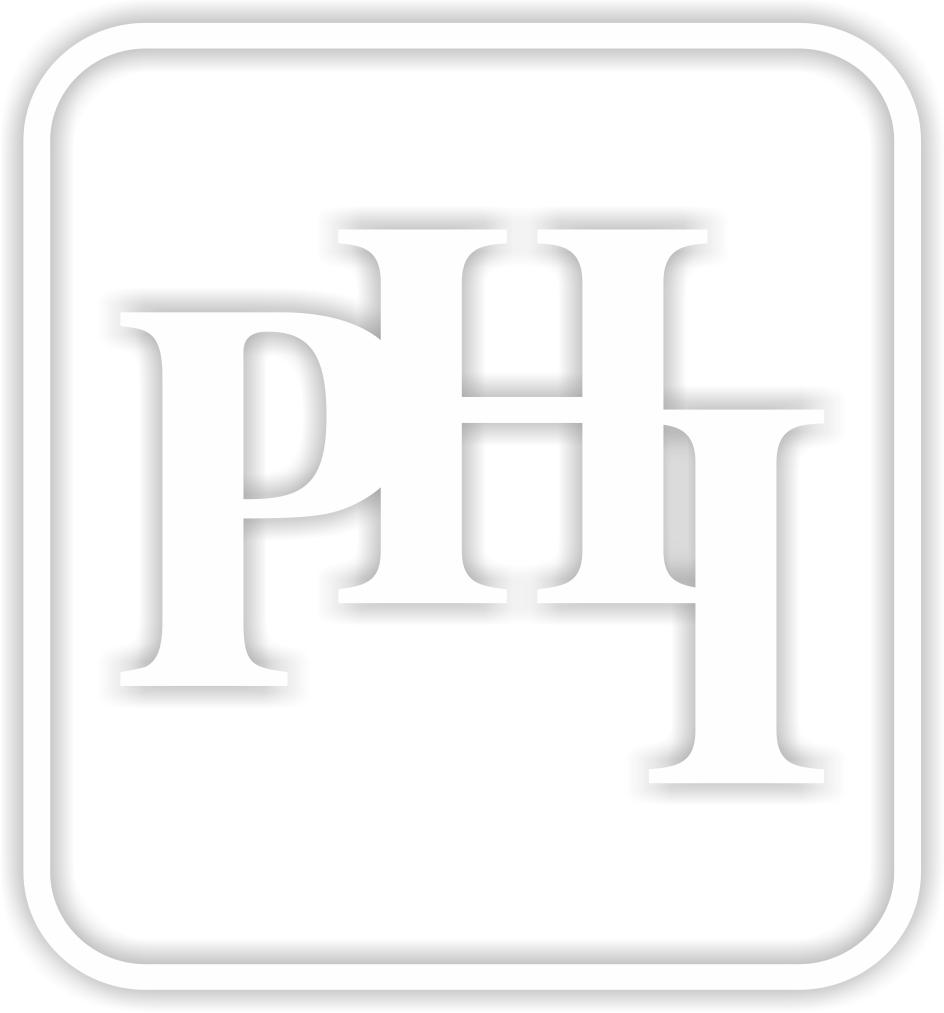While many concepts within literary theory point towards a specific, objective idea, literary canons are more subjective. Rather than representing a single truth, literary canons are collections of works considered to be of significant cultural, historical, and educational value. Depending on the lens through which we view literature, canons can be related to modern movements (like postcolonial studies, feminist criticism, and multiculturalism) or tied to different societies, institutions, and critics who value different works.
Your favourite literary canon says a lot about you! In fact, the literary canon of your choice defines your analytical stance and the goals that drive you towards the study of literature.
However, while most traditional canons today are dominated by European, white, male authors (like Shakespeare, Homer, Dante, and Milton), newer approaches encourage us to seek canons that truly align with the unique impact we hope to have through our literary analyses.
Seen from a broader perspective, literary canons can almost be understood as defining a society’s heritage. They are not simply collections of important works; rather, they are curated selections from an era, often chosen to be taught at schools and universities.
Given this cultural weight, there is growing emphasis on using literary canons as a medium for both challenging dominant Western narratives and protecting cultural heritage. In light of this, it becomes especially important to define a literary canon in India.
In India, where the education system is vast and diverse, the development and existence of a national literary canon is both a tricky and, simultaneously, fascinating process. To better understand this, in this post, we explore the concept of a literary canon, how it is shaped, and the need for building a canon in India’s higher education system.
Defining the Literary Canon
Simply put, a literary canon is a set of texts that are considered foundational to a literary tradition. The canon is not a static collection; it evolves over time, with some texts remaining central while others are reevaluated. The key criteria for inclusion in the canon are:
- Influence: Works that have had a lasting impact on literature and other writers.
- Quality: Texts that showcase exceptional writing, character development, plot intricacy, and thematic depth.
- Representation: Texts that offer insight into the historical context in which they were written, providing a snapshot of a particular time and place.
Key Literary Canon Types
| Description | Examples | |
| Novels | Long fictional narratives that explore human experience in depth and complexity. | Pride and Prejudice (Jane Austen), Great Expectations (Charles Dickens) |
| Poetry | Uses powerful, imaginative language to convey emotion and abstract ideas. | William Shakespeare, Emily Dickinson, Walt Whitman |
| Plays | Theatrical works exploring the human condition through dialogue and performance. | William Shakespeare, Henrik Ibsen, Arthur Miller |
| Short Stories | Brief fictional narratives known for their precision and impact. | Anton Chekhov, James Joyce, Ernest Hemingway |
| Essays | Reflective nonfiction texts discussing literature, philosophy, society, and culture. | Michel de Montaigne, Virginia Woolf, Friedrich Nietzsche |
| Philosophical Works | Foundational texts exploring existence, ethics, and knowledge. | Plato, Aristotle, Immanuel Kant |
| Core Texts | Foundational literary works considered essential for understanding traditions; they influence future generations of writers and readers. | William Shakespeare—which reminds us! Check out PHI Learning’s annotated series of Shakespeare’s works, complete with critical essays, chapter summaries, and footnotes. Browse here: https://tinyurl.com/b64zsany |
| Canonical Authors | Writers revered for their influence, craft, and contribution to literary history. | Shakespeare, Dickens, Tolstoy |
| Historical & Cultural Context | Canonical works reflect the moral, political, and intellectual climate of their time, often shaping or challenging social norms. | Victorian literature, for example, explores class and gender roles. |
| Critical & Academic Reception | Scholarly and cultural reassessment plays a major role in canon formation and evolution. | New criticism, feminist readings, and postcolonial theory influence canon inclusion. |
Building an Indian Literary Canon
In India, the idea of a national literary canon is uniquely complex due to the country’s immense linguistic, cultural, and religious diversity. With each state offering its own language and literary heritage, India stands as a mosaic of storytelling traditions. This very diversity, often seen as a challenge, might in fact be the solution to the narrowing scope of global literary canons.
In a world increasingly recognising the importance of inclusivity, India’s multilingual, multicultural literary canon (it exists but is yet to be popularised!) offers an opportunity for a canon that embraces difference rather than homogeneity. By celebrating the country’s vast spectrum of voices, India has the potential to not only define its own literary identity but also reshape what a literary canon can be.
To build such a canon, India must consciously leverage its diversity and reform its literary curriculum to be more inclusive and representative. This includes:
- Incorporating regional and linguistic variety: Ensure literature from across India—Hindi, Bengali, Tamil, Malayalam, Urdu, Marathi, and more—is given equal weight in academic syllabi.
- Highlighting marginalised voices: Include works by women, Dalit authors, tribal storytellers, and writers from underrepresented communities.
- Balancing the classical with the contemporary: Celebrate ancient epics alongside modern Indian literature to reflect evolving cultural narratives.
- Fostering critical and empathetic thinking: Choose texts that engage with themes of identity, justice, equality, and humanism to encourage reflection and dialogue.
- Reforming national education boards: University curricula like the NEP-2020 should diversify their reading lists to reflect India’s literary richness, rather than relying on a narrow set of texts.
By embracing these steps, India can create a literary canon that not only honors its pluralistic heritage but also offers future generations a more inclusive, humane, and globally resonant literary education.
Explore PHI Learning’s books on English Literature. Visit:
https://www.phindia.com/Books/ShowBooks/MTE5/Literature-Linguistics-Phonetics-and-Grammar

